I threw a picnic in our garden the other day. We were busy with all…
The Butler
Being a “You rang, M’lord?” fan one of my favourite topics is the lives of the servants. Mr Stoke’s character certainly wound his way into our hearts and gave us an idea what sort of responsibilities a butler used to have in the household. Like I said before, this series reflects perfectly well what could happen in the grand houses, however, there are some elements which require adjusting. Let’s see what are these.
Hierarchy
We would think the Butler is the most senior of the household’s hierarchy, but that was not the case in the grandest houses. The House Steward was on the most senior and he had the most responsibilities. He did not dress like a servant, his outfit looked more like a gentleman’s attire. He earned the most money, however, a good French chef could compete with him in terms of salary as we will later on, when I explain more about the chefs. In return, the House Steward had to be reliable, discrete, trustworthy and had to represent the values of the Lord of the house in front of guests and technically the whole world. His tasks involved hiring servants, purchasing ingredients and tools for the household, bookkeeping and logistics (in case the family traveled to the countryside for the shooting season, or abroad) and any kind of touchy tasks that was given by the Lord of the House. Only the grandest houses such as Petworth could afford to have a House Steward, where William Pattison had this role between 1881 and 1889.
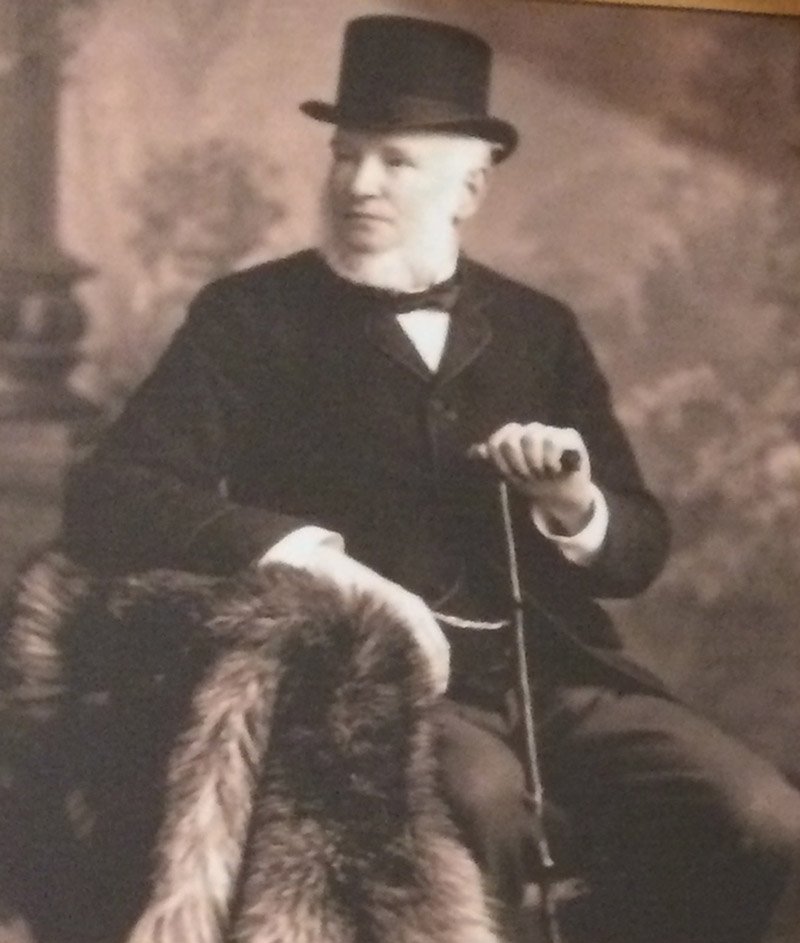
Daily duties
In households where they could not afford to have a House Steward the roles and responsibilities of a butler merged with those of the house steward. The word butler comes from the French word boutellier, whose role was to look after the bottles and the wine at households in the Middle Ages. Butlers were male servants and got to this position by climbing the ladder. The responsibilities of a butler were more than what we can see from Mr Stokes and in reality those tasks done by Mr Twelvetrees such as setting the table precisely, arranging the flowers, ironing the newspapers or checking the fingernails of the hall boy were tasks of the butler in reality.
The day of a butler started a bit later than for others as the breakfast was served around 9am for the family and this was the butler’s first duty to attend. Although later on breakfast was served as a buffet and the family members could help themselves, the butler hat to stay in the room to make sure everything is running smoothly.
He had a more flexible schedule than other servants in the household and could deal with cleaning the silverware, managing the books (bills), negotiate with merchants or he allowed himself to have some time off and deal with his own business. As they had access to the house’s alcohol reserves, it was quite common that they sold some bottles generating extra income like the Butler at Uppark, Mr Rabbits used to do. (The own business of the butler depicted in the series very well, however, Mr Stokes preferred drinking the Lord’s wine to selling it.)
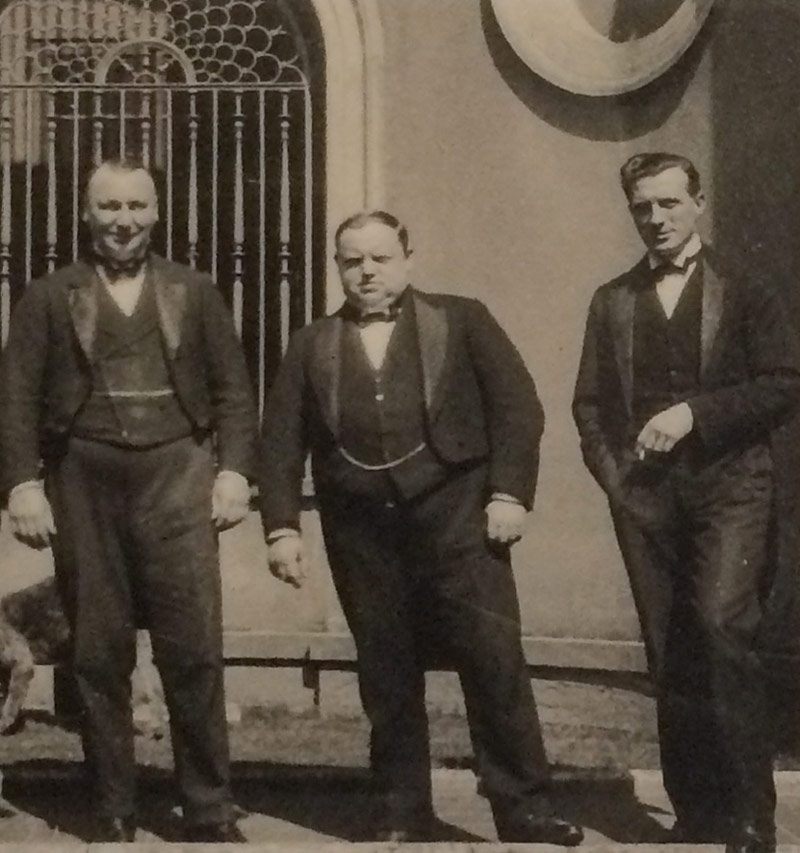
The peak of his day was at dinner where he had to set the extendable tables, check the silver crockery, and taste the wine and make sure the quality was good enough for guests (I presume, they were happy to do that), make sure wine, champagne are chilled properly in the cellar until dinner.
Once the guests arrived he served aperitif and as soon as the Lady of the house gave him the sign, the Butler announced: “Dinner is served, ma’am”. During dinner he instructed the other servants and made sure guests’ glasses were not empty. After dinner he served tea in the salon: male guests normally went to the library for a small talk and a cigar then joined the ladies. (This is again depicted in the series very well.)
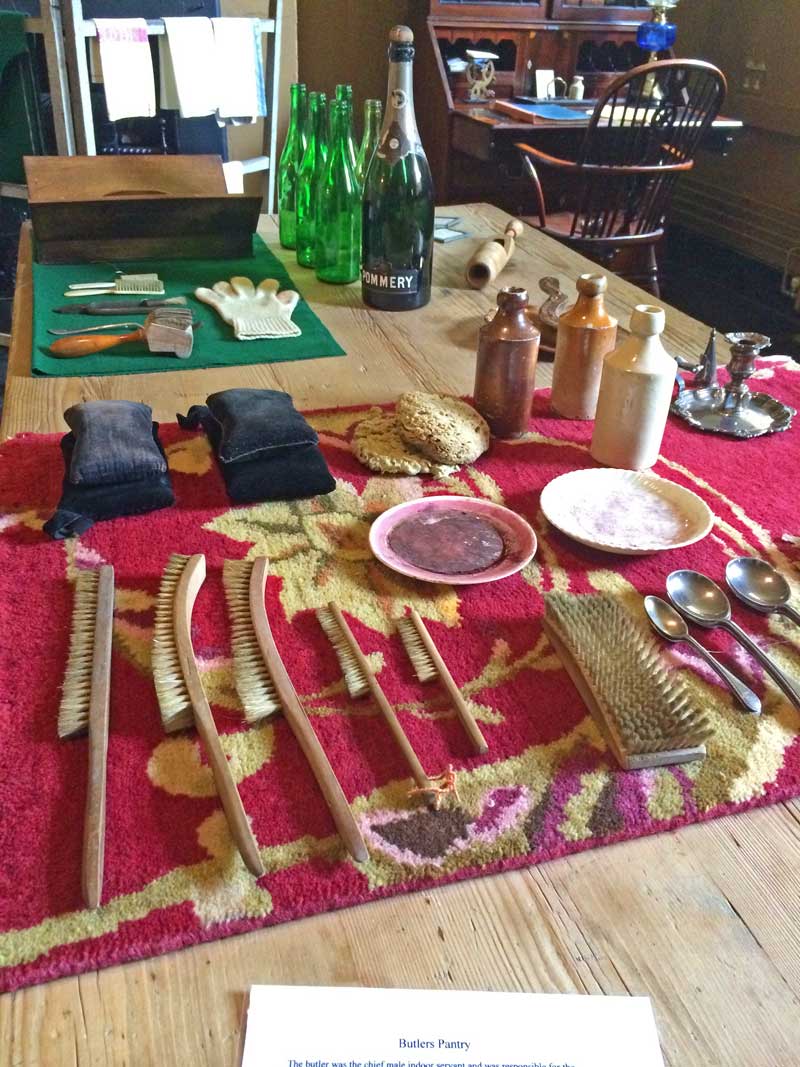
As mentioned earlier, at the end of the day the butler had to wash up the valuable, hand painted, porcelain tableware. Before going to bed he had to check if windows and doors were locked properly and the fire was out. Only after this could he go to his bedroom which was located on the ground floor next to the kitchen. You wonder why? In the grandest houses the safe-room was next to the kitchen where all the silverware was stored. In case of a robbery the butler could interfere instantly being next door. The doors of safe-rooms were extremely thick and were fire safe. In the Butler’s pantry you would find a Belfast sink, a table where he used to do the bookkeeping, brushes and tools for cleaning hats and shoes and for small repairs.
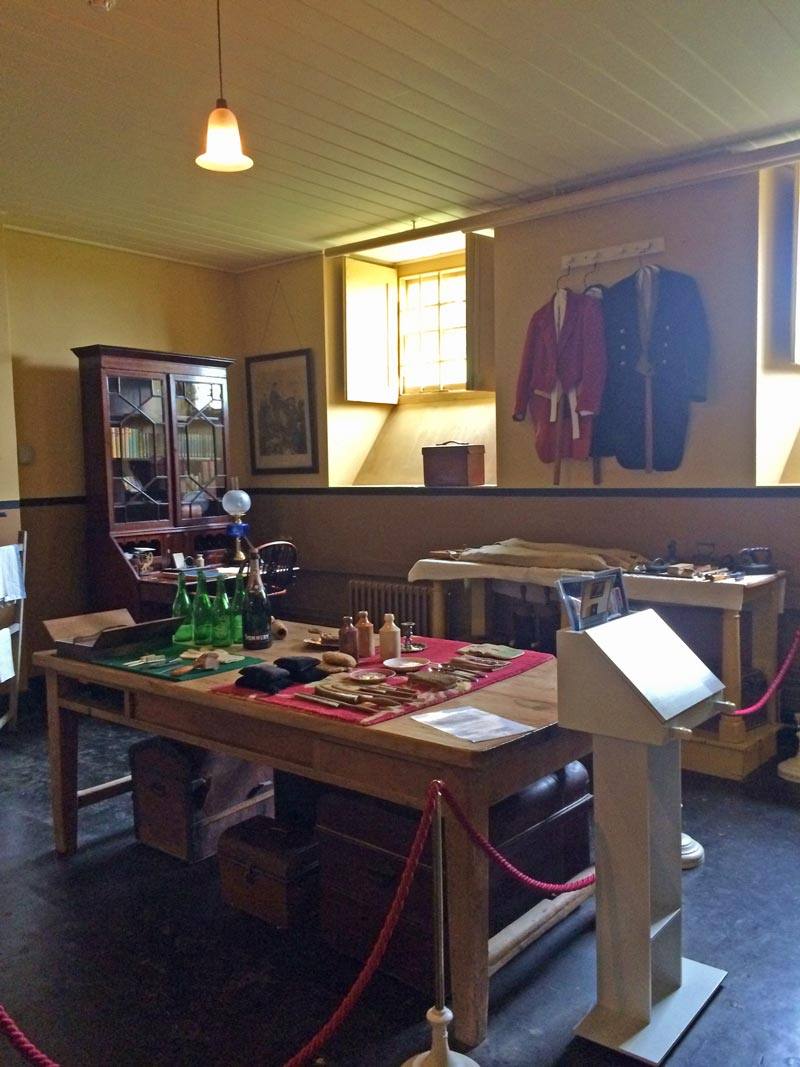
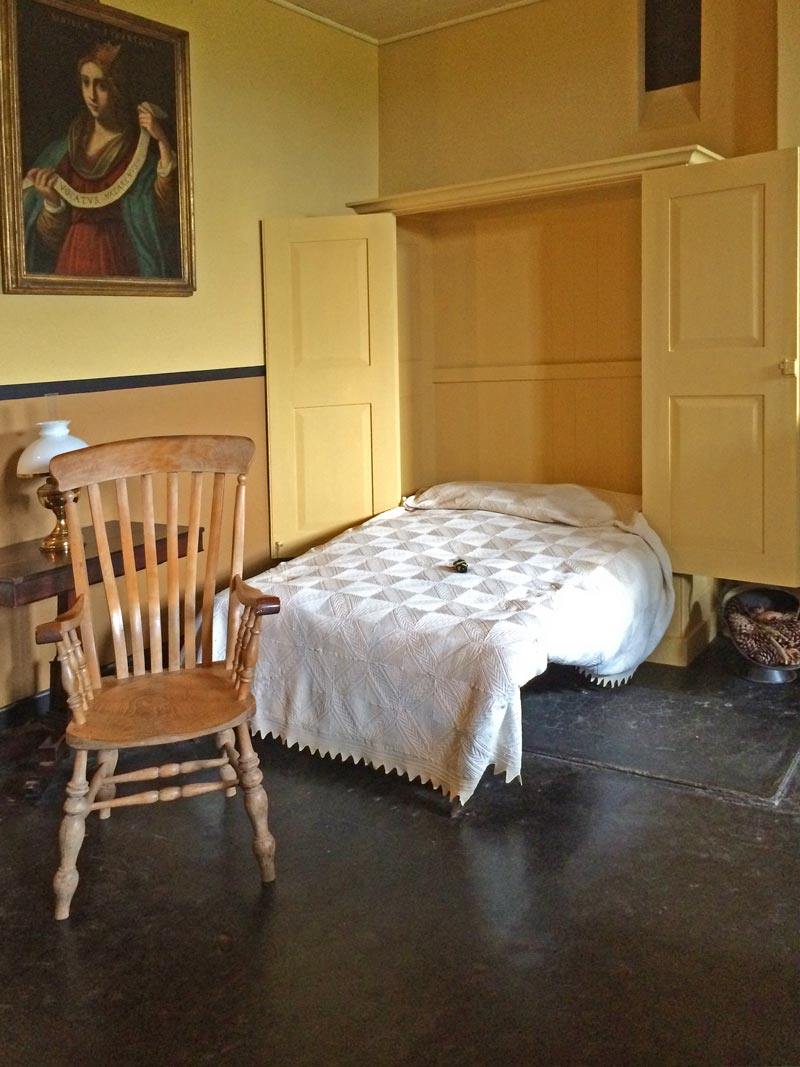
Requirements
It goes without saying the butler had to be reliable and discrete. He was or was not, especially at the beginning of the 20th century when journalists paid a nice sum of money for gossip, information shared by servants. It was not easy to resist sometimes… Being discrete was not the only thing required for the job. The butler had to put up with the foibles of the family (if you think about “You rang, M’lord?”: seducing house maids, keeping mistresses, foibles of senile old ladies etc). There was a funny story I like a lot. Mrs Venetia James, wife to a millionaire used to give parties in London but was quite a scrooge. For example she invited Catholic guests on Friday only to save the cost of serving meat. She also instructed servants to serve small amount of food. On one occasion only one chicken was sliced and everybody got only a tiny bit of chicken to eat. Apparently, she put a piece of paper to the butler’s pocket with a message: DSSC which meant: “don’t slice second chicken.”
That’s all for now about the roles and responsibilities of a butler and the foibles of employers. To be continued soon.

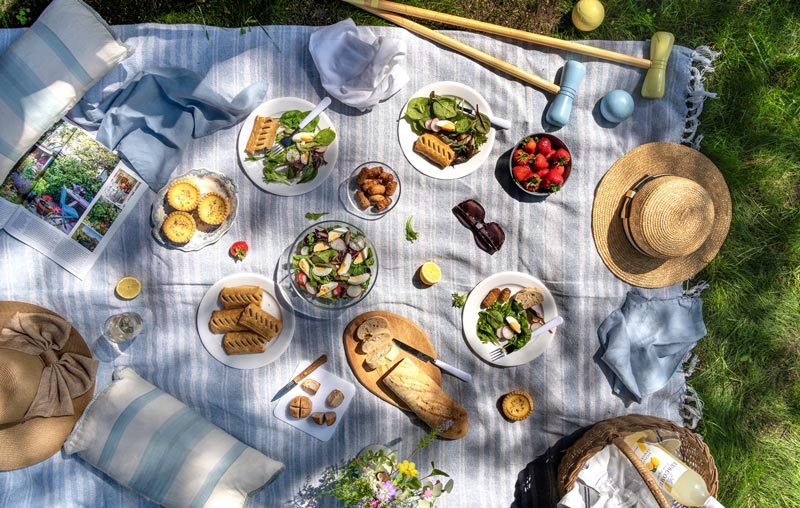

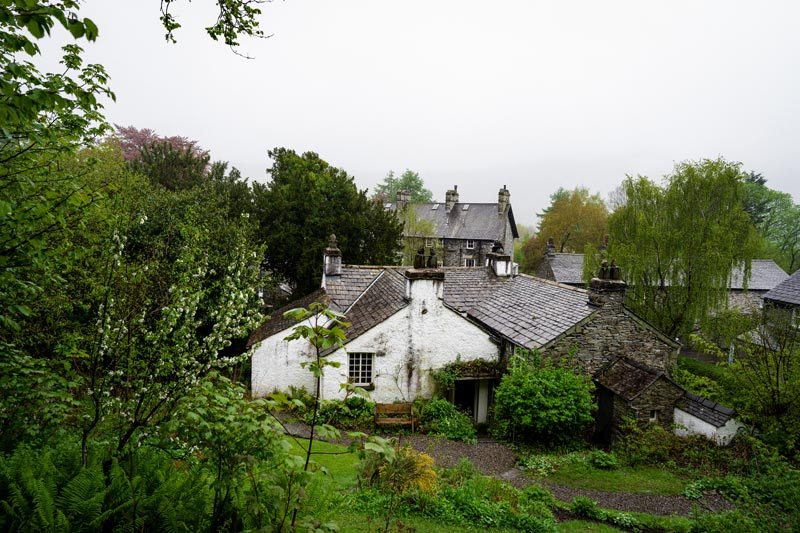
Comments (0)